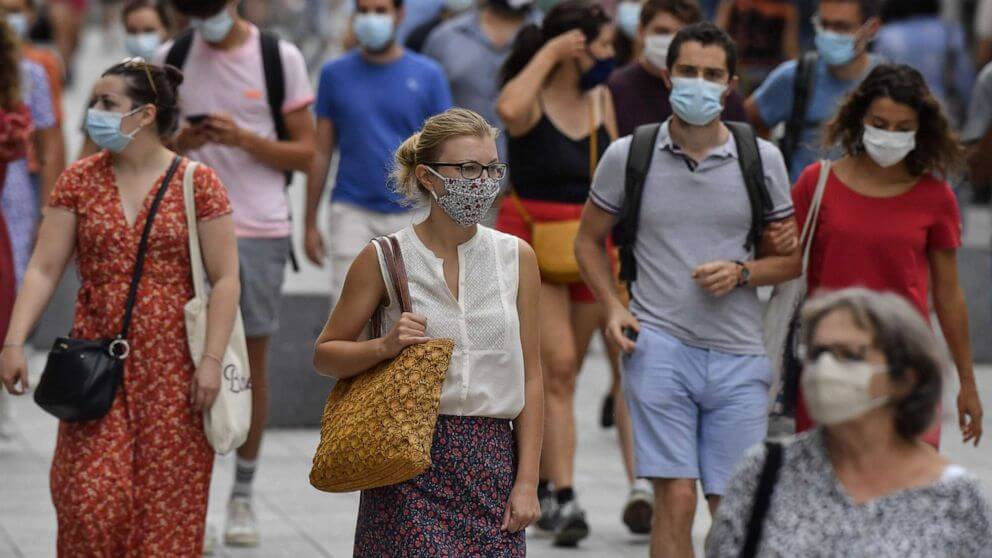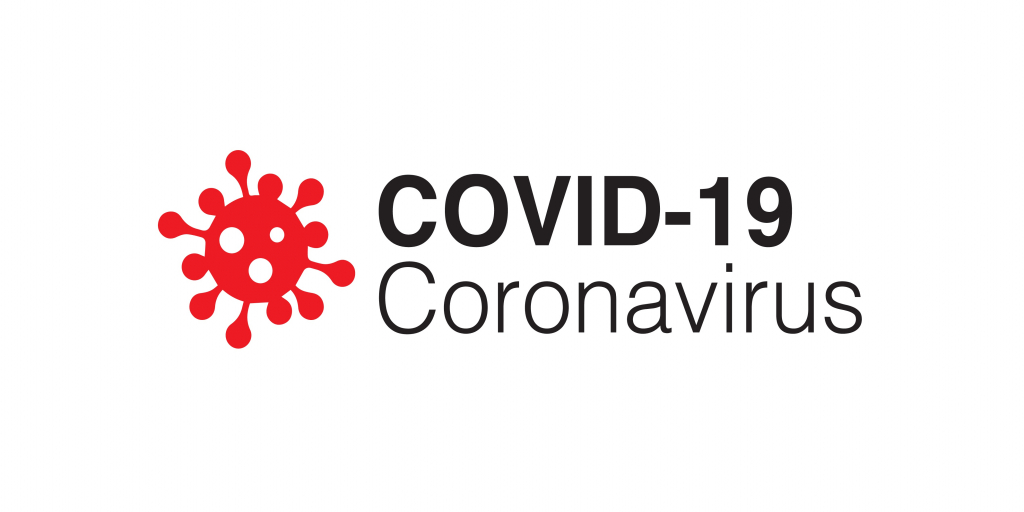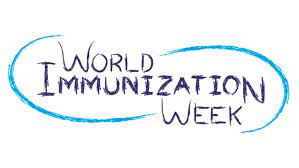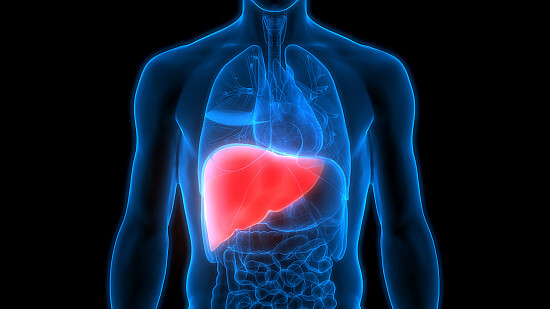Centre issues 9 key guidelines for employees post COVID-19 lockdown
Mon 11 May 2020, 00:25:00
.jpg)
As the restrictions are being gradually eased in some zones to bring the economy back on track, the Centre has issued fresh "guidelines for restarting manufacturing industries after lockdown", advising them not to try to achieve high production targets.
The guidelines were issued on Saturday to all Chief Secretaries and administrators of Union Territories (UTs) as the 14-day lockdown 3.0 is on and will end on May 17.
1. Ensure 24 -hour sanitisation of the factory premises.
. Factories need to maintain a sanitisation routine every two-three hours especially in the common areas that include lunch rooms and common tables which will have to be wiped clean with disinfectants after every single use.
. For accommodation, sanitisation needs to be performed regularly to ensure worker safety and reduce the spread of contamination.
2. Entrance health checks
. Temperature checks of all employees to be done twice a day.
. Workers showing symptoms should not report to work.
3. Provisions of hand sanitisers and mask to all employers.
. Providing gloves, masks and hand sanitisers to be done at all factories and manufacturing units.
4. COVID 19 health and prevention staff education
. Education on safety steps to take from entry to exit in the factory
. Measures to take precautions at personal level
5. Quarantine measures for supply and storage of
goods
goods
. Sterilise boxes and wrapping brought into factory premises
. Isolate and sanitise finished goods as appropriate
. Delivery of goods in shifts
6. Physical distancing measures
. Create physical barriers to ensure the physical distance within the work floor and dining facilities
. Provide face protection shields along with masks and PPEs.
7. Working in shifts
. Factories that work 24 hours at full production capacity should consider one hour gap between shifts, except factories/plants requiring continuous operations.
. Managerial and administrative staff should work one shift at 33 per cent capacity as per MHA guidelines; but while deciding which particular person to be included in 33% at any given point of time, overriding priority should be given to personnel dealing with safety.
. Ensure no sharing of tools or workstations to the extent possible. Provide additional sets of tools if needed.
8. Scenario plan on discovering a positive case
. Factories have to prepare accommodation to isolate workers, if needed.
. HR has to help manage the whole process for individual, all travelling employees also to undergo a mandatory14-day quarantine
9. Presence of skilled workers
. Workers involved in dealing with hazardous material must be skilled and experienced in the field. No compromise on deployment of such workers should be permitted when an industrial unit is opened up.
No Comments For This Post, Be first to write a Comment.
Most viewed from Coronavirus Updates
Most viewed from Health
AIMIM News
Latest Urdu News
Most Viewed
May 26, 2020
Which Cricket team will win the IPL 2025 trophy?
Latest Videos View All
Like Us
Home
About Us
Advertise With Us
All Polls
Epaper Archives
Privacy Policy
Contact Us
Download Etemaad App
© 2025 Etemaad Daily News, All Rights Reserved.










































